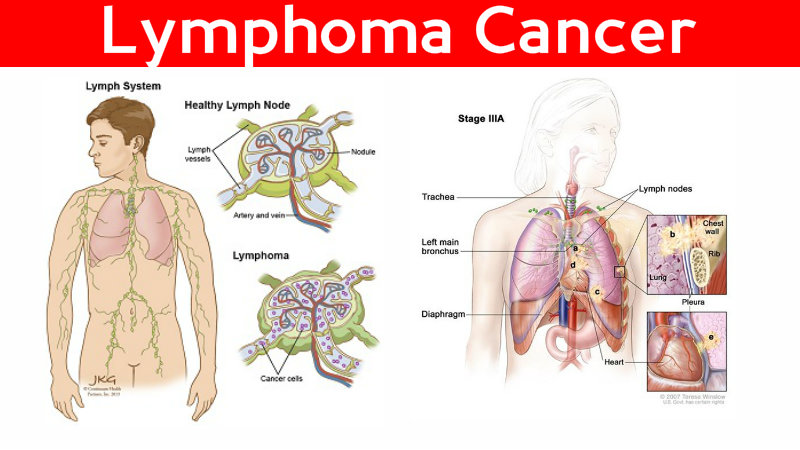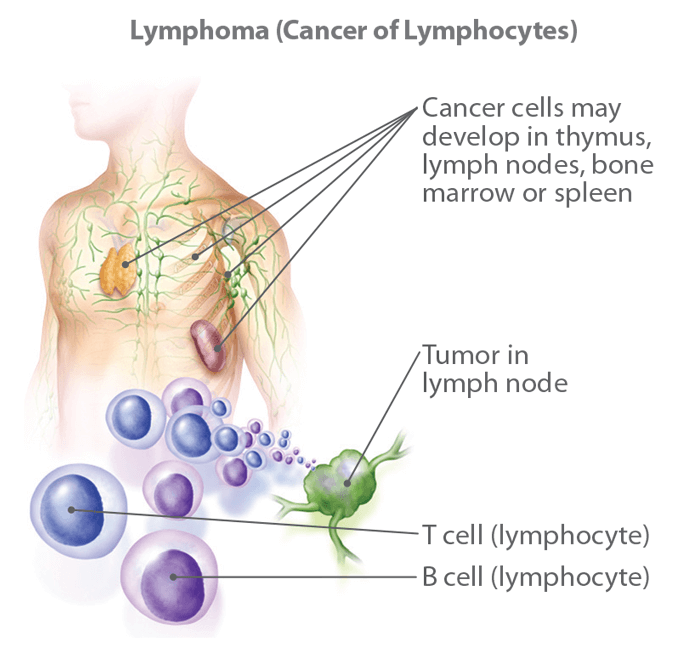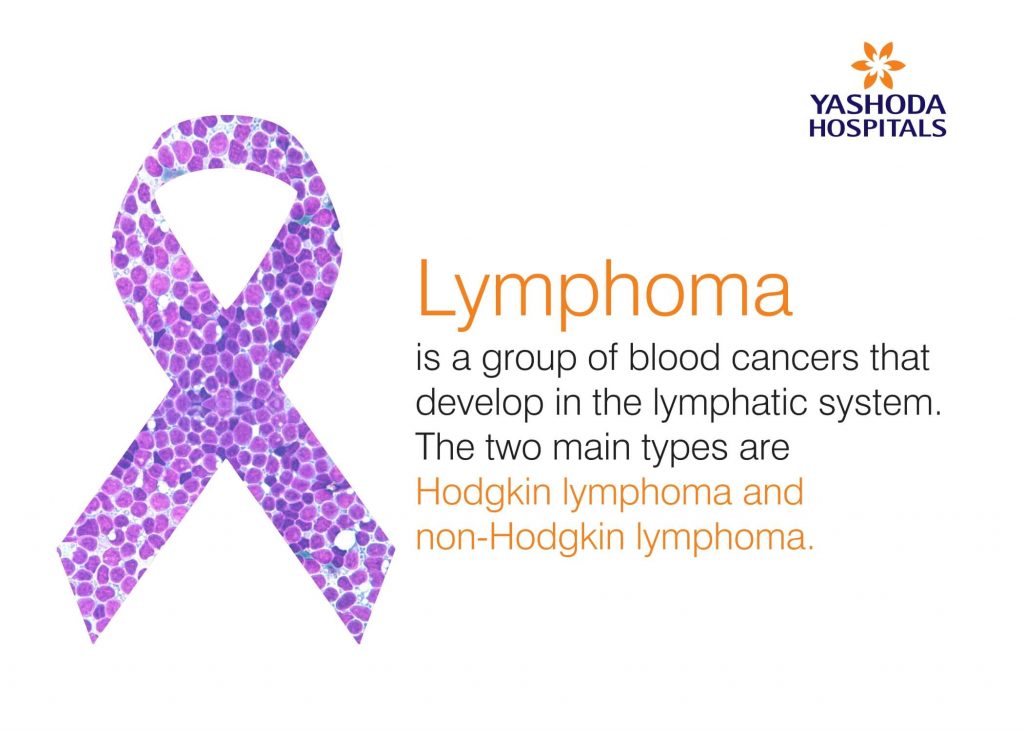is lymphoma a form of cancer Lymphoma cancer lymphomas types follicular symptoms spleen causes cell lymphocytes patients cells survival oral abnormal sweats night different cause indolent
Lymphoma cancer is a topic that is worth discussing, as it affects many individuals around the world. Let’s take a closer look at this condition and explore some valuable information.
Understanding Lymphoma Cancer
 Lymphoma cancer is a type of cancer that originates in the lymphocytes, which are a part of the body’s immune system. It is a form of blood cancer that affects the lymphatic system, which is responsible for removing toxins, waste, and other unwanted materials from the body. This cancer typically involves the abnormal growth of lymphocytes, leading to the development of tumors or the infiltrations of cancerous cells throughout the body.
Lymphoma cancer is a type of cancer that originates in the lymphocytes, which are a part of the body’s immune system. It is a form of blood cancer that affects the lymphatic system, which is responsible for removing toxins, waste, and other unwanted materials from the body. This cancer typically involves the abnormal growth of lymphocytes, leading to the development of tumors or the infiltrations of cancerous cells throughout the body.
There are two main types of lymphoma cancer: Hodgkin lymphoma and non-Hodgkin lymphoma. While both types originate from the same source, they differ in terms of the cancer cells’ behavior and their spread throughout the body.
Hodgkin Lymphoma
Hodgkin lymphoma, also known as Hodgkin’s disease, is characterized by the presence of a specific type of cell known as Reed-Sternberg cells. These cells are large, abnormal lymphocytes and are a hallmark of Hodgkin lymphoma. This type of cancer typically begins in a single lymph node and then spreads to nearby lymph nodes in a predictable pattern.
Although Hodgkin lymphoma can occur at any age, it is more commonly diagnosed in young adults between the ages of 15 and 35, as well as those over the age of 55. The most common symptoms include swollen lymph nodes, unexplained weight loss, fatigue, fever, and night sweats.
Non-Hodgkin Lymphoma
Non-Hodgkin lymphoma is a more common form of lymphoma cancer, and it encompasses a group of different subtypes with varying characteristics. Unlike Hodgkin lymphoma, non-Hodgkin lymphoma does not involve Reed-Sternberg cells. This type of cancer can develop in any lymph node in the body and can spread to other organs, such as the bone marrow or the liver.
Non-Hodgkin lymphoma can occur at any age but is more frequently diagnosed in older individuals. Common symptoms of non-Hodgkin lymphoma include swollen lymph nodes, unexplained weight loss, fever, fatigue, and night sweats.
Treatment Options for Lymphoma Cancer
When it comes to lymphoma cancer treatment, several factors are considered, including the type and stage of the cancer, the age of the patient, and their overall health status.
Treatment options may include chemotherapy, radiation therapy, immunotherapy, targeted therapy, stem cell transplant, or a combination of these approaches. The goal of treatment is to eradicate or control the growth of cancer cells, relieve symptoms, and improve the patient’s quality of life.
 Seeking Professional Advice
Seeking Professional Advice
If you or your loved ones experience any persistent symptoms, it is essential to consult with a healthcare professional. Early detection plays a critical role in the successful treatment of lymphoma cancer. A medical expert can perform the necessary diagnostic tests and guide you through the most appropriate treatment options.
Remember, knowledge is power. By understanding lymphoma cancer and its various aspects, individuals can empower themselves and make informed decisions about their health and well-being. Stay informed, stay vigilant, and prioritize your health.
If you are looking for Learn About Non-Hodgkin Lymphoma: Information, Facts & Overview | CTCA you’ve visit to the right web. We have 5 Pictures about Learn About Non-Hodgkin Lymphoma: Information, Facts & Overview | CTCA like Learn About Non-Hodgkin Lymphoma: Information, Facts & Overview | CTCA, Lymphoma cancer and also Lymphoma Cancer / Dna tumor viruses and human cancer.. Here you go:
Learn About Non-Hodgkin Lymphoma: Information, Facts & Overview | CTCA
 www.cancercenter.comlymphoma hodgkin lymphatic cancercenter hodgkins lymphocytes abnormal cancers ctca nursing vdoming931
www.cancercenter.comlymphoma hodgkin lymphatic cancercenter hodgkins lymphocytes abnormal cancers ctca nursing vdoming931
Lymphoma Symptoms And Causes | Styles At Life
 stylesatlife.comlymphoma cancer lymphomas types follicular symptoms spleen causes cell lymphocytes patients cells survival oral abnormal sweats night different cause indolent
stylesatlife.comlymphoma cancer lymphomas types follicular symptoms spleen causes cell lymphocytes patients cells survival oral abnormal sweats night different cause indolent
Lymphoma Blood Cancer: Causes, Symptoms And Treatment
 www.yashodahospitals.comlymphoma lymphatic yashodahospitals blood orbital
www.yashodahospitals.comlymphoma lymphatic yashodahospitals blood orbital
Lymphoma Cancer / Dna Tumor Viruses And Human Cancer.
 shaniyadiary.blogspot.comlymphoma lymphomas
shaniyadiary.blogspot.comlymphoma lymphomas
Lymphoma Cancer
 cancer97779.blogspot.comlymphoma cancer
cancer97779.blogspot.comlymphoma cancer
Lymphoma lymphatic yashodahospitals blood orbital. Lymphoma cancer. Lymphoma symptoms and causes